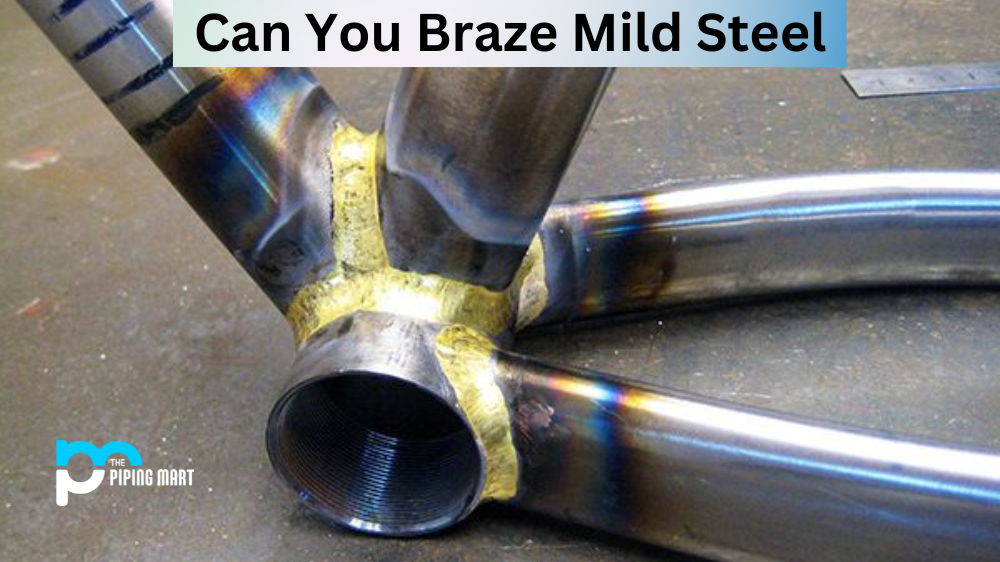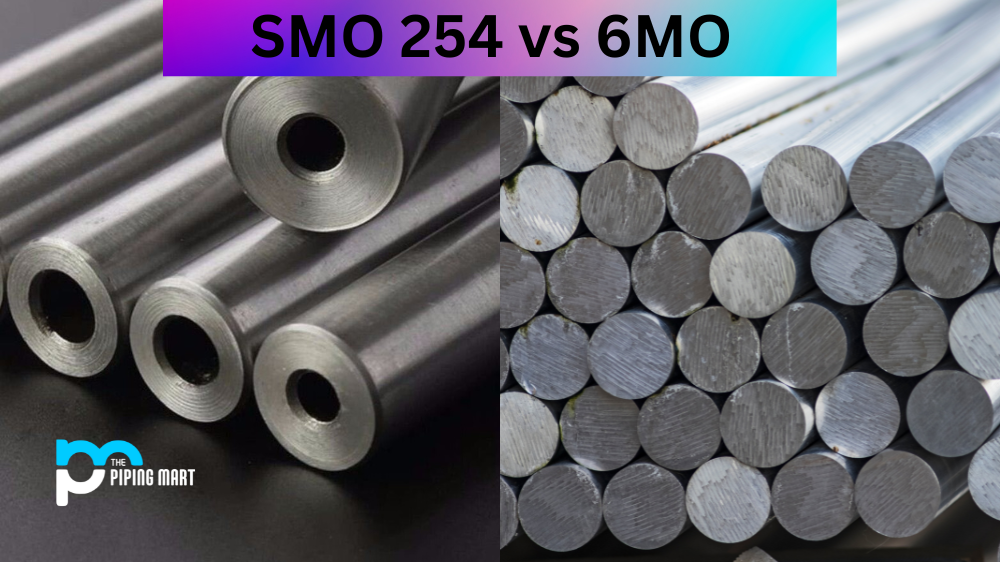Alloys are materials made up of two or more metals combined to create a material with desirable properties. They are incredibly useful and can be found in many everyday items, from jewelry to construction materials. This blog post will explore alloys and the many ways they have been used throughout history.
What is an Alloy?
An alloy combines two or more elements, at least one of which must be a metal. This mixture has different properties than either element would have on its own. For example, bronze is an alloy made up of copper and tin, but it has a distinct color and strength that neither copper nor tin possesses individually. An alloy’s properties depend on the type of elements in the mix and their ratio to each other.
Alloys Uses
Alloys are commonly found in everyday items such as jewelry, coins, kitchen utensils, tools, car parts, electronic components, etc. Due to their strength and durability, alloys can also be used for structural purposes in buildings such as bridges or skyscrapers. Additionally, alloys are often used to make medical implants like hip replacements because they don’t corrode easily when exposed to bodily fluids like blood or sweat.
Alloys have been used throughout history for various purposes, such as weapons manufacturing (e.g., steel swords) or currency production (e.g., gold coins). One of the earliest known alloys was bronze which was first developed around 3000 B.C.E by combining copper and tin in varying ratios depending on the desired application (e.g., tools vs. weapons).
Conclusion:
Alloys play a major role in our everyday lives without us even realizing it! From jewelry to building materials to medical implants, alloys offer us many advantages over pure metals due to their unique properties that result from combining two or more elements. Whether you’re looking for something strong enough for construction work or corrosion-resistant for biomedical applications, there’s likely an alloy that fits your needs perfectly! With so many ancient and modern uses, it’s no wonder why alloys remain popular today!
Meet Heer, a dynamic and driven writer learning tricks of her trade in the metal industry. With a background in Digital Marketing, Heer brings a unique perspective to her writing, sharing valuable insights. Apart from blogging she like reading and hiking.




